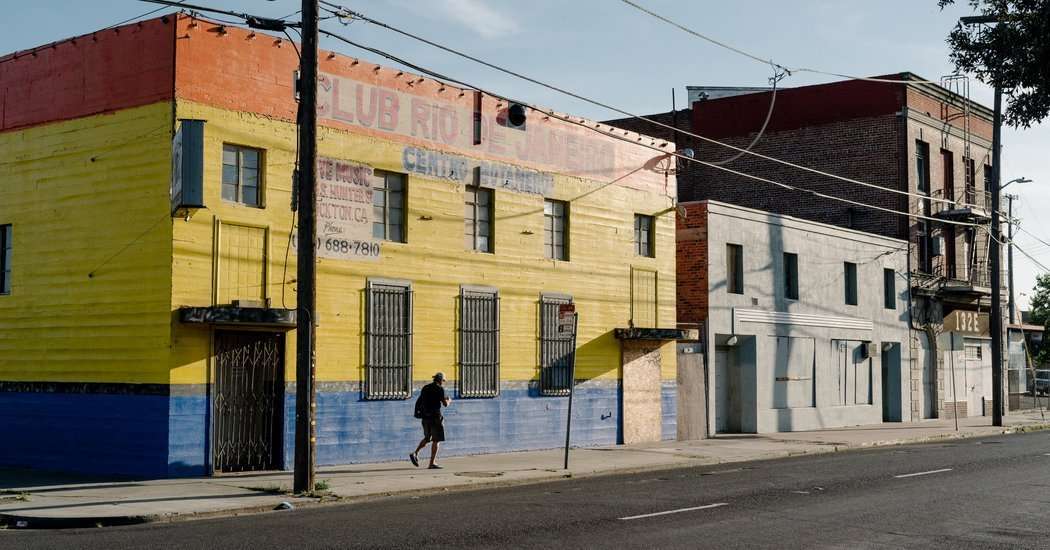STOCKTON, Calif. — This town in California’s Central Valley has long functioned as a display case for wrenching troubles afflicting American life: The housing bust that turned Stockton into an epicenter of a national foreclosure disaster and plunged the city into bankruptcy. The homeless people clustered in tents along the railroad tracks. Boarded-up storefronts on cracked sidewalks. Gang violence.
Now, Stockton hopes to make itself an exhibition ground for elevated fortunes through a simple yet unorthodox experiment. It is readying plans to deliver $500 a month in donated cash to perhaps 100 local families, no strings attached. The trial could start as soon as the fall and continue for about two years.
As the first American city to test so-called universal basic income, Stockton will watch what happens next. So will governments and social scientists around the world as they explore how to share the bounty of capitalism more broadly at a time of rising economic inequality.
Will single mothers use their cash to pay for child care so they can attend college? Will people confronting choices between buying school supplies or paying their electric bills gain a measure of security? Will families add healthier food to their diets?

Tsujigiri on May 31st, 2018 at 03:23 UTC »
I work as a part of the coalition in Stockton that is working with this program. A couple of points that I can contribute.
Someone had mentioned that this isn't true UBI because of the small dollar amount and lack of sustainability, and they are technically right if you’re envisioning a comprehensive UBI model. It's a demonstration to see what potential impact a small supplemental, no questions asked amount of funds can have in the lives of those who are experiencing severe generational poverty. Hence the name Stockton Economic Empowerment Demonstration (SEED). Stockton is a good place to try this out because to some degree it’s a demographic microcosm of the U.S. in many respects (for race, religion, political affiliation, etc.).
Some have asked what kind of difference $500 can make or if it can truly create any significant impact in someone’s life. Some areas of our town, specifically parts of South Stockton, have an economic profile more fitting of a developing country. Census tract info will show you areas where the median income floats around 30k, life expectancy of 65, adult high school graduation rates of 60%, etc. The area has been disinvested since the era of the New Deal, which fortunately is starting to change now because of the work the Mayor has set in motion. So when you consider $500 it’s important to keep in mind the community it’s going in to and where those folks are at both economically and in potential opportunity.
There's a lot of buzz around this due to its novelty and uniqueness, but in truth we're still figuring out what this is going to look like and what we would like to learn from it. The ideas discussed in this article paint the general plan, but the details are still being determined. It's a rare opportunity, and we're taking our time to do it right and ensure that both the city and the project funders get some meaningful insight out of the demonstration.
We aren’t really the first considering other similar projects in the U.S., but each of those projects is different. Regardless, it's exciting stuff without a doubt!
jrbarber85 on May 31st, 2018 at 02:07 UTC »
As everyone checks pricing on houses in said Stockton, CA
testfire10 on May 31st, 2018 at 01:44 UTC »
I’m curious what the expectation is that people do with $500 a month in California. Surely this is an income supplement? If it is, aren’t they just getting an extra $500 of disposable income? How does this help them study how UBI would work in widespread practice? Seems like you would need to give a much bigger amount, and track each dollar spent, see how it affected free time, etc. Genuinely curious.